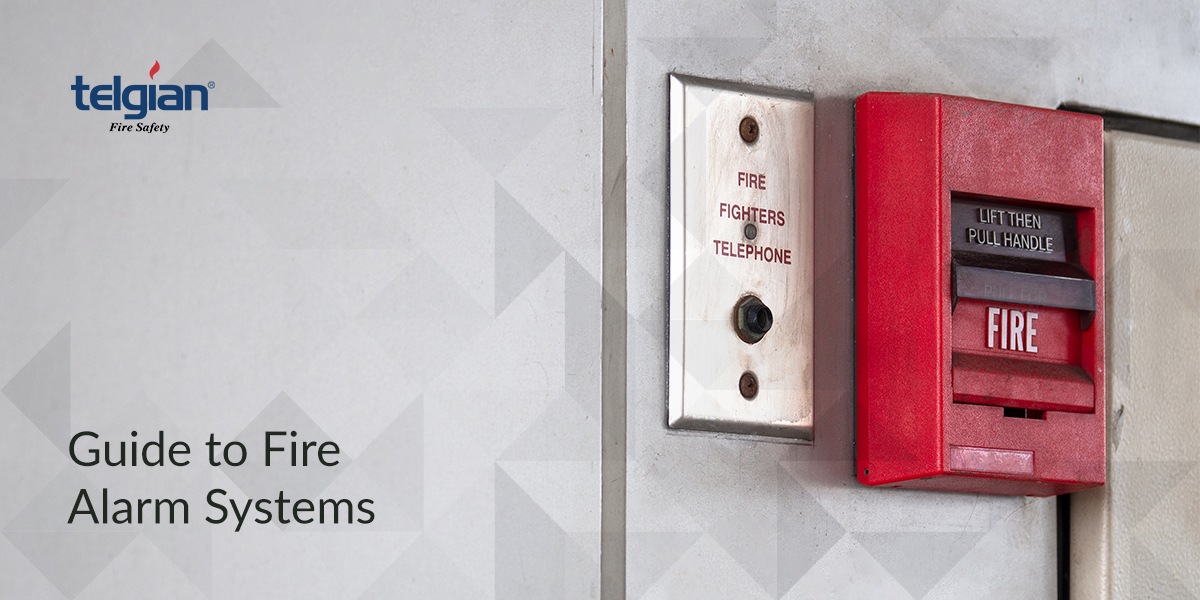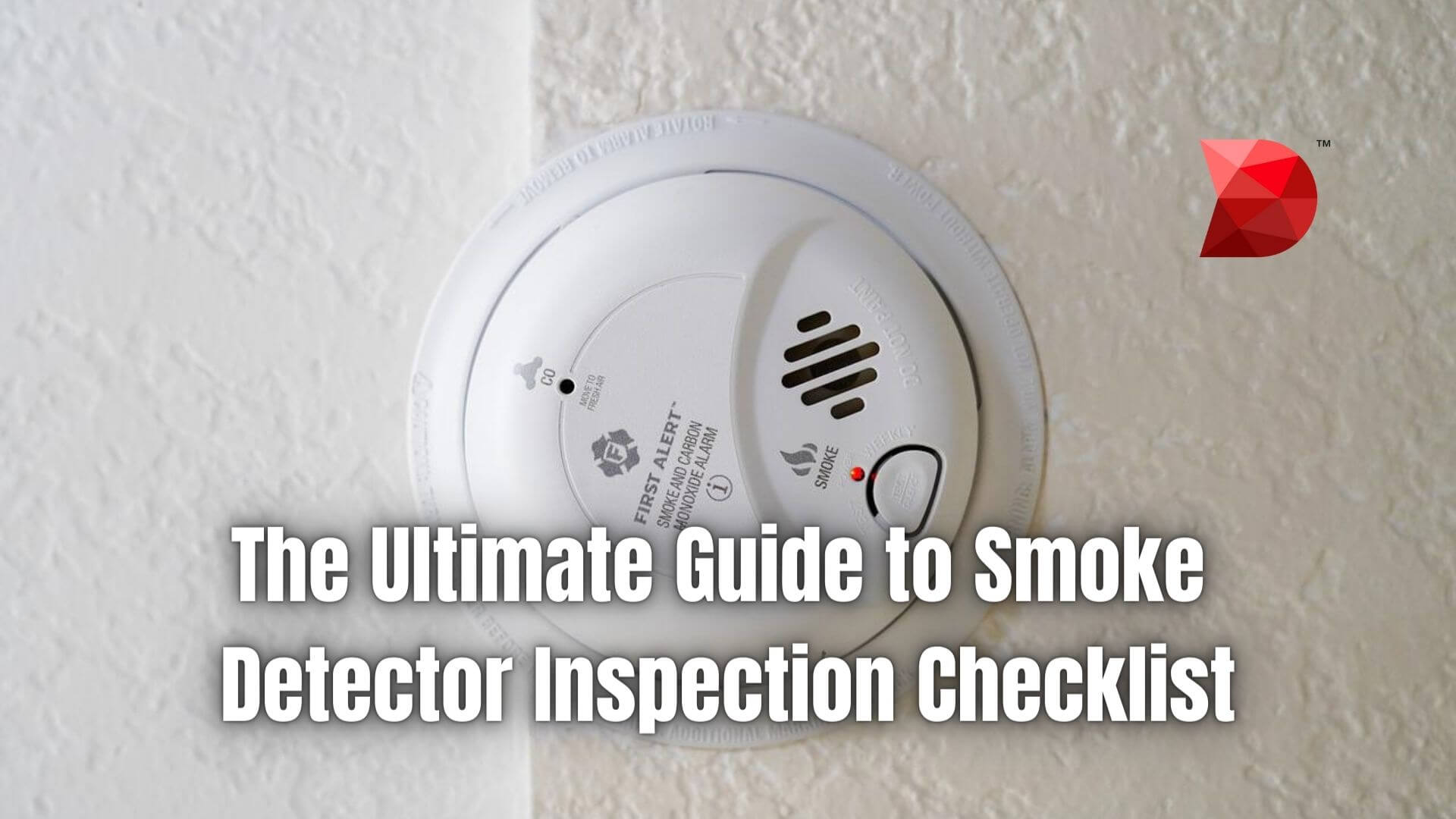You need a minimum of one fire alarm on each level of your home for safety. It is recommended to have a fire alarm in every bedroom and living spaces like the kitchen and hallways.
Fire alarms are essential for ensuring the safety of your household by providing early detection and warning in case of a fire emergency. Having the right number of fire alarms strategically placed throughout your home can mean the difference between life and death.
By following fire safety guidelines and having adequate fire alarms installed, you can protect your loved ones and property from the devastating effects of a fire. Let’s explore the importance of having the correct number of fire alarms and where to place them in your home.

Importance Of Fire Alarms
Fire alarms are vital for the safety of your home or business. They provide early detection of fires, allowing occupants to evacuate quickly and potentially save lives.
Early Detection Saves Lives
Early detection through fire alarms can save lives in emergencies. Properly installed and maintained fire alarms can detect smoke or heat, alerting occupants to evacuate before the situation becomes critical.
Legal Requirements For Fire Alarms
Legal requirements for fire alarms vary by location and building type. It is crucial to comply with local regulations to ensure the safety of occupants and avoid penalties.

Credit: datamyte.com
Factors To Consider
When determining the number of fire alarms needed, consider the size and layout of your property, as well as any specific fire hazards. It’s crucial to adhere to local building codes and regulations. Don’t forget to test and maintain the alarms regularly to ensure optimal functionality and safety.
Size And Layout Of The Property
Consider the property’s size – larger properties may require more fire alarms for adequate coverage.
- Place fire alarms in each bedroom and on every level of the house.
- Ensure alarm audibility in areas that are frequently occupied.
Potential Fire Hazards
Identify common fire hazards such as kitchens, laundry rooms, and heating systems.
- Install smoke alarms near sources of heat or flames.
- Consider carbon monoxide detectors in areas with gas appliances.
Determining The Number Of Alarms
Guidelines For Different Areas
When determining how many fire alarms you need, it’s important to consider the guidelines for different areas of your home or property. These guidelines provide a framework for ensuring adequate coverage and early detection of potential fire hazards.
Special Considerations For Sleeping Areas
In sleeping areas, it’s crucial to prioritize the safety of those who may be at their most vulnerable during a fire emergency. Special considerations for sleeping areas take into account factors such as the layout of the space and the potential for individuals to be awakened by the sound of the alarm.
Types Of Fire Alarms
For optimal safety, determine fire alarm requirements based on property size and layout. Types may include ionization, photoelectric, and dual-sensor alarms, typically needed on each level and in every bedroom. Conduct regular maintenance to ensure functionality and peace of mind.
Fire alarms are essential devices that can save lives by alerting occupants of a building to the presence of a fire. There are several types of fire alarms available, each designed to detect different types of fires and provide early warning. Understanding the different types of fire alarms can help you make an informed decision about which ones are best suited for your needs.
Ionization Alarms
Ionization alarms are a common type of fire alarm that uses a small amount of radioactive material to detect smoke particles in the air. These alarms are highly sensitive and can quickly detect the presence of fast-flaming fires, which are fires that spread rapidly and produce a lot of heat. They are typically installed in areas that have a high risk of fast-flaming fires, such as kitchens or areas with a lot of electrical equipment.
Photoelectric Alarms
Photoelectric alarms use a beam of light to detect smoke particles in the air. When smoke enters the chamber of the alarm, it scatters the light beam, triggering the alarm. These alarms are particularly effective at detecting smoldering fires, which are fires that produce a lot of smoke but little flame. They are commonly installed in areas such as bedrooms, living rooms, and hallways.
Dual Sensor Alarms
Dual sensor alarms combine both ionization and photoelectric technologies to provide comprehensive fire detection. These alarms are designed to quickly detect both fast-flaming and smoldering fires, offering increased protection and peace of mind. Dual sensor alarms are recommended for use in areas where both types of fires are a concern, such as multi-level homes or commercial buildings.
When it comes to fire safety, having the right type of fire alarms installed in your home or workplace is crucial. Ionization alarms, photoelectric alarms, and dual sensor alarms each have their own strengths and weaknesses, and it’s important to choose the ones that best suit your specific needs.
Maintenance And Testing
Regular maintenance checks and testing of fire alarms are essential to ensure their proper functioning and effectiveness in times of emergency. Neglecting these crucial steps can compromise the safety of your property and the people inside. In this section, we will discuss the importance of regular maintenance checks and testing, providing guidelines for keeping your fire alarms in optimal condition.
Regular Maintenance Checks
Performing regular maintenance checks on your fire alarms is key to keeping them in working order. Without proper maintenance, even the most advanced fire alarm system can fail to detect smoke or fire, putting lives at risk. Here are some important aspects to consider when conducting maintenance checks:
- Visual Inspection: Inspect the physical condition of the fire alarms, including cables, connections, and control panels. Look for signs of damage, wear, or aging components that might affect their functionality.
- Cleanliness: Keep the alarm components clean and free of dust or debris. Regularly remove any accumulated dirt from detectors or sensors to prevent false alarms or reduced sensitivity.
- Battery Replacement: Check and replace batteries as necessary. Ensure that backup batteries are fully charged at all times to ensure uninterrupted operation during power outages.
- System Interference: Verify that no new devices or equipment are causing interference with the fire alarm system. It is crucial to maintain clear communication between the alarms and the control panel.
Importance Of Regular Testing
Regular testing of fire alarms is essential to ensure their proper functionality. Testing helps identify potential issues, confirms that the alarms are working within required parameters, and provides peace of mind that your property is well-protected. Here are some reasons why regular testing is crucial:
- Early Detection: Regular testing ensures that the fire alarms can detect smoke or fire at the earliest possible stage. This early detection allows occupants more time to evacuate and minimizes the risk of injuries or fatalities.
- False Alarm Prevention: Testing helps determine if the fire alarms are prone to false alarms. Addressing any false alarm issues promptly can prevent unnecessary disruptions and ensure that the alarms are triggered only when an actual fire emergency occurs.
- Compliance with Regulations: Regular testing ensures that your fire alarm system meets the required standards and regulations set by local authorities or fire safety organizations. Compliance is crucial to avoid penalties and legal consequences.
- Equipment Reliability: Testing allows you to assess the reliability of your fire alarm system. Identifying any malfunctions or glitches in advance helps prevent unexpected failures during critical times.
By regularly conducting maintenance checks and testing, you can ensure that your fire alarms are in optimal condition, ready to detect any potential fire hazards and protect lives and property.

Credit: getsafeandsound.com

Credit: www.linkedsecurityny.com
Frequently Asked Questions Of How Many Fire Alarms Do I Need
How Many Fire Alarms Do I Need For My Home?
The number of fire alarms required for your home depends on its size and layout. In general, it is recommended to have at least one smoke alarm on each level of your home, including the basement and attic.
Where Should I Install Fire Alarms In My Home?
Fire alarms should be installed in each bedroom, outside sleeping areas, and on every level of your home, including the basement. It is also recommended to place them near kitchen areas and heating appliances.
How Often Should I Test My Fire Alarms?
It is important to test your fire alarms at least once a month to ensure they are functioning properly. Regular testing helps you identify any issues and allows you to take prompt action if needed.
How Long Do Fire Alarms Last Before Replacement?
Most fire alarms have a lifespan of about 10 years. However, it is recommended to replace them earlier if they are not working correctly or if they have been subject to damage. Always check the manufacturer’s guidelines for specific information.
What Should I Do If My Fire Alarm Keeps Beeping?
If your fire alarm keeps beeping, it may indicate a low battery. Replace the battery immediately and test the alarm. If the beeping continues or the alarm doesn’t work properly after battery replacement, contact a professional for inspection or replacement.
Conclusion
Ensuring you have enough fire alarms in your home is crucial for fire safety. By following local regulations and considering the layout of your home, you can determine the necessary number of alarms. Investing in quality fire alarms and regularly maintaining them can provide a lifesaving layer of protection for you and your loved ones.